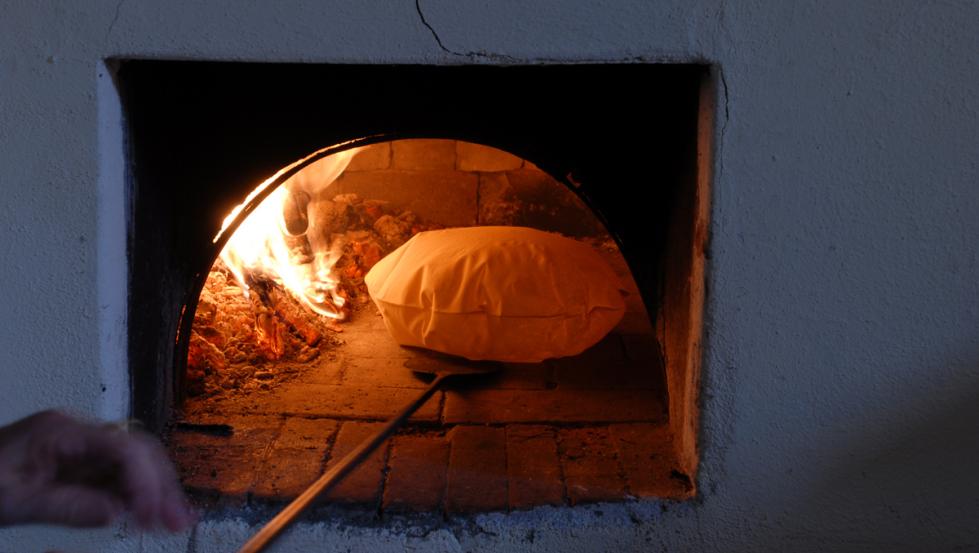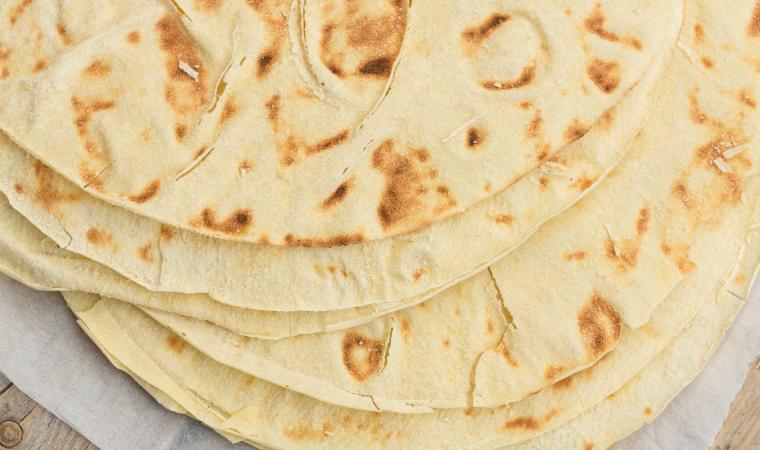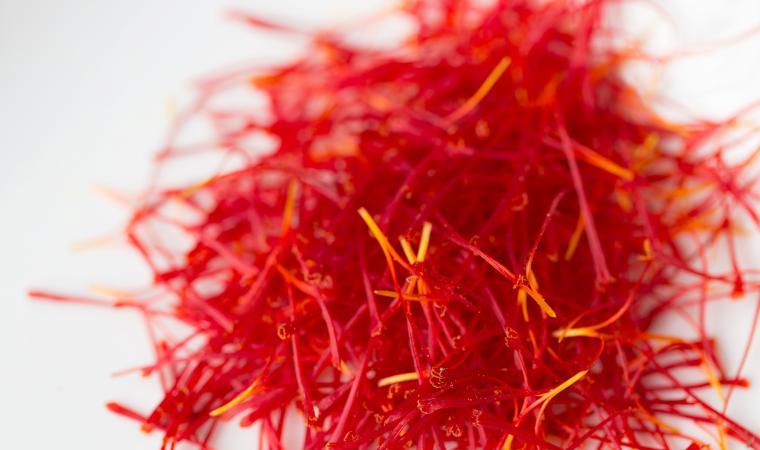
For five centuries now, every year, during the nights of 1 May and 4 October, there is Feast of Saint Francis. Worshippers on a pilgrimage move along the roads of Barbagia to the sanctuary of the saint on the hill dominated by Monte Albo. In a climate of meditation and spirituality, a delicacy made by the local women reaches the pilgrims' plates: su filindeu, the threads of God, a soup that warms the body and nourishes the soul.
Semolina, water, salt, lamb broth and cheese. It is handed down from mother to daughter and prepared in a group, with neighbours and granddaughters. The dough is divided, everyone takes a little piece in their hand and pulls it, joining the two ends. These are the first two threads. They are pulled and joined together again and so on, eight times, until 256 threads have been obtained. These are then placed on a wooden board until there are three, interwoven layers. Once the dough has dried out in the sun, it is broken and put into the soup, which is flavoured and mixed with fresh cheese. A rare recipe, served very hot, and known by just a few women who donate their time to teaching this passion.
Pane carasau bread also has ancient roots. Known in Italy as 'music paper', because of the sound of its crispness, pane carasau also hides a collective story of commitment, prayer and joy. Protagonists in its preparation, which would take place before dawn and end in the afternoon, were friends, relatives and neighbours. Everyone would pray for its good leavening with a cross on the dough, when it was still soft, hoping and crossing their fingers for a successful outcome. Then it would be put into the oven and everyone would stand there, in front of it, with their hands still white with flour, enjoying the fragrance, opening up to each other, telling stories and laughing.
The final phase, called the 'carasadura', meaning toasting, represented the final verdict, when the women could finally breathe a sigh of relief. Suddenly, they were holding something to donate, that would nourish and show that they cared for their relatives and friends. Crispy and still good to eat even after a few days, this bread has been present on Sardinian tables for centuries, as a symbol of goodness and sharing.









